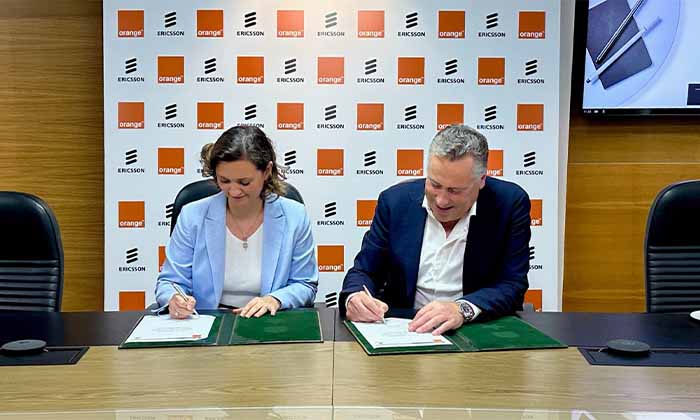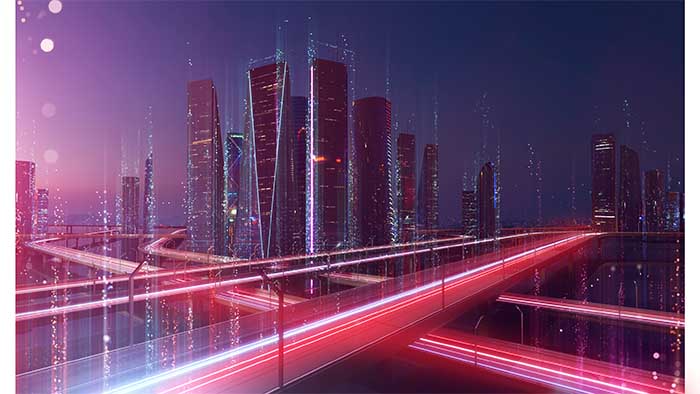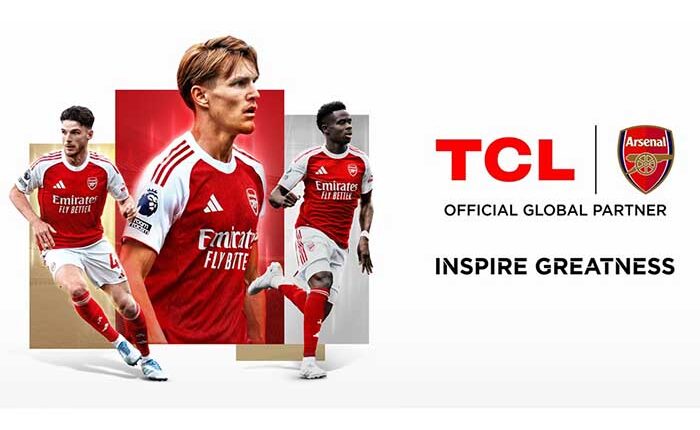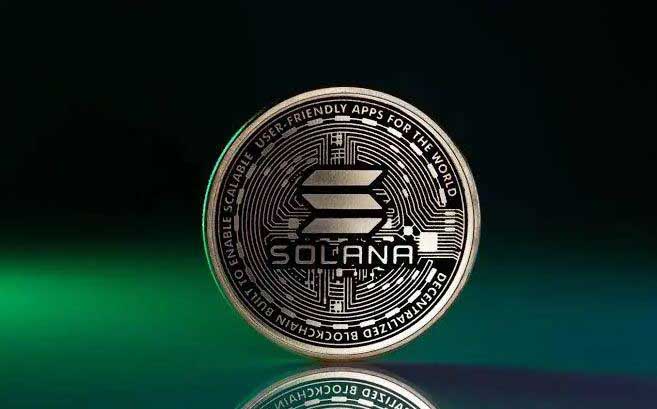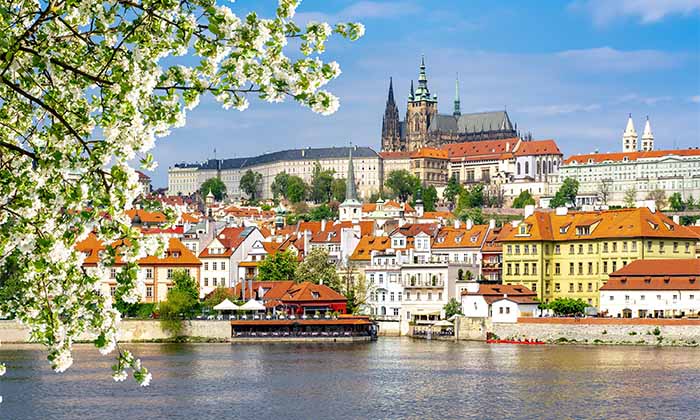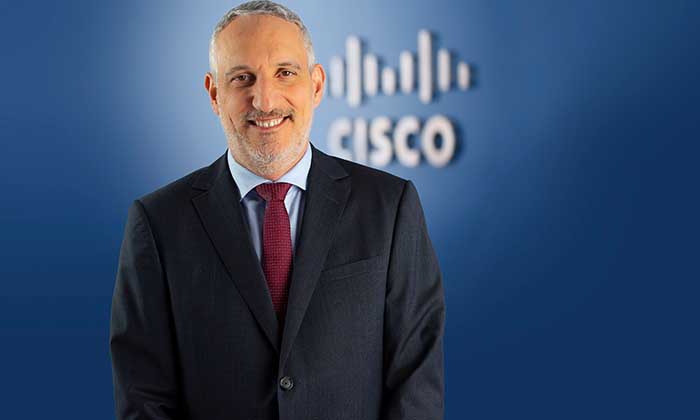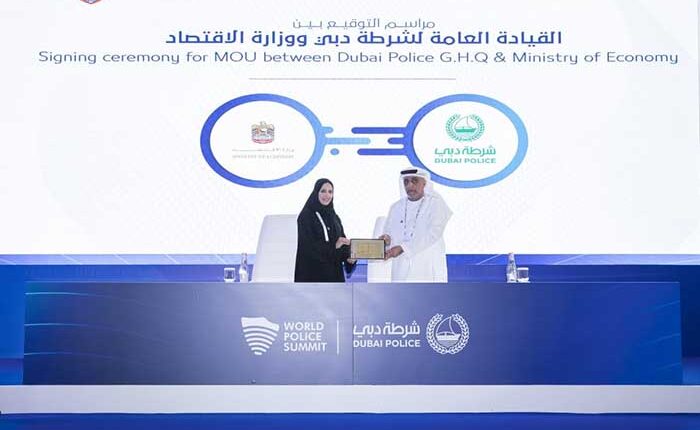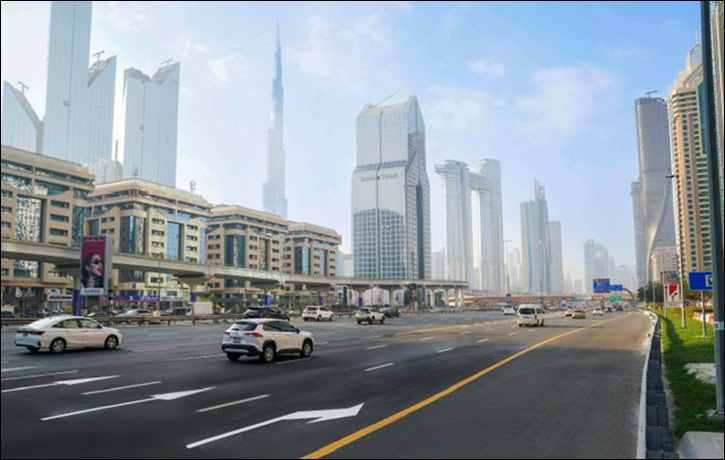In conjunction with the 28th session of the Conference of the Parties to the United Nations Framework Convention on Climate Change, COP28, held in Dubai Expo City, Emirates Development Bank (“EDB”), the key financial engine of UAE economic development and industrial advancement, brought its innovation project "The Lost Camel" to the global event, where technology and creativity meet to draw attention to an important environmental issue.
Visitors of the Green Zone at COP28 could easily spot the 7ft model of a camel at EDB’s booth. The Lost Camel is a manufactured symbol to remind people of all the camels who have been lost in the sands from eating plastic waste that should have never been there.
“At EDB, we are committed to balancing economic growth with climate responsibility to ensure we deliver impact on the economic, social and environmental levels. Knowing the threat litter and plastic pollution is posing to camels in the desert, we created this powerful visual model to raise awareness of the devastating impact the modern world is having on one of the UAE’s most treasured animals. The Lost Camel is a visual representation of the power of using AI technology, solar energy, and human behavior to promote environmental awareness, showcasing its potential economic impact,” said Radwa Nasraldin Shehab, Head of Marketing and Communication at EDB
The AI-generated camel is solar-powered and 3-D printed. It was manufactured using industrial recycled plastic and plastic litter collected from the desert. The sculpture is made of a lattice design which makes the plastic inside the stomach of the camel visible, highlighting the issue at hand in a transparent way. After COP28 which concludes today, the Lost Camel will be moved to other places and if used outdoors, the solar-power lights inside the model will illuminate a tangled ball of plastic bags and other plastic in the camel’s stomach to ensure the danger remains visible.
Many of the camels that die every year, perish because of plastic ingestion. According to a study by Dubai’s Central Veterinary Research Laboratory, there have been 300 camels found post-mortem with plastic in their stomach. Ingesting this plastic results in blockages, internal infections, starvation and eventually death. Shockingly, rocks of calcified plastic weighing up to 52 kg are discovered in their stomachs on a daily basis.
EDB aims to raise awareness of the catastrophic effects of littering in the desert and how it endangers the lives of animals. The Lost Camel calls people to rethink their own plastic usage – to use less plastic and recycle more. As part of this campaign, EDB has also conducted a desert cleanup to collect plastic waste – EDB staff collected over 40,000 plastic bottles in one afternoon.
